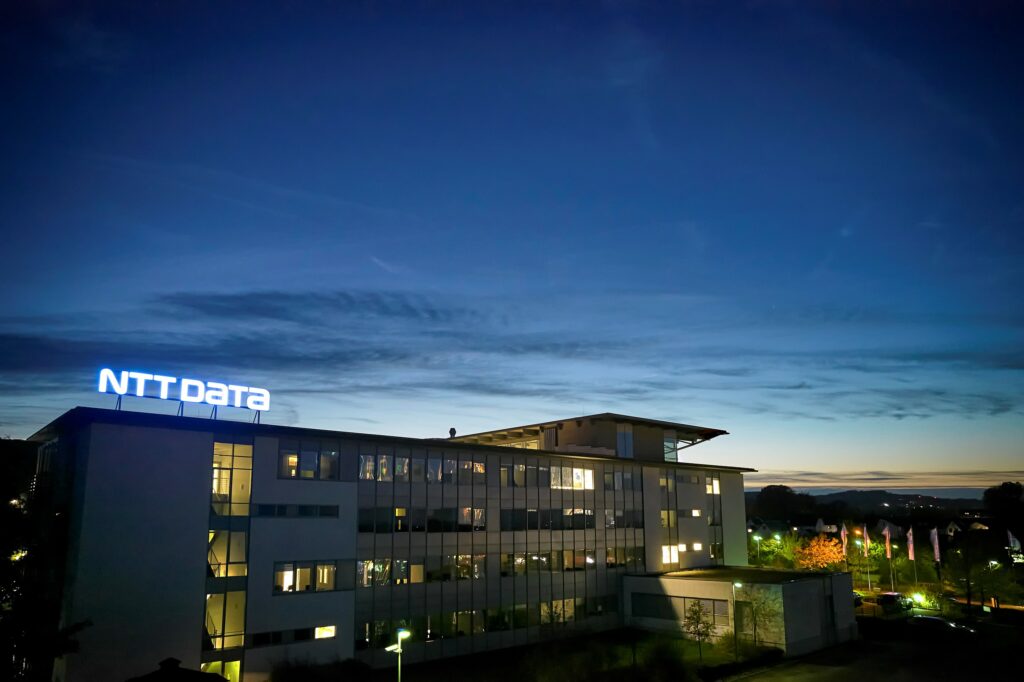The food and beverage industry is at a digital crossroads. On the one hand, legacy systems, reliant on paper and manual processes, hinder efficiency and compliance in an increasingly digital world. On the other hand, increasing FDA regulations and the demand for greater transparency from agencies like the Global Food Safety Initiative (GFSI) have made embracing digital solutions a necessity for this industry.
In a recent article, Datacor highlighted why legacy systems can be risky for players in the food and beverage industry. It indicated that the reliance on outdated technologies hinders compliance with new regulations like those from the FDA and GFSI. It also results in increased costs from manual data entry, error correction, and inefficient workflows.
These challenges alone emphasize the criticality for food and beverage suppliers to modernize their operations and embrace digital technologies if they are to gain a competitive advantage.
In terms of benefits, updating ERP systems like the ones provided by Datacor can help food and beverage manufacturers optimize their operations, improve visibility, and bolster their efficiency. It also allows businesses to remain updated with new government regulations. Single-vendor solutions like Datacor ERP are easy to use and implement, affordable, and scalable.
Digitized workflows assist companies in automating tasks, improving data accuracy, and enhancing traceability—all important components in an increasingly complex business environment. For businesses in the food and beverage sector, the benefits of digital transformation include seamless order management, automated production scheduling, and real-time inventory tracking.
Organizations can use the data collected throughout the supply chain to analyze and identify trends, optimize production, and predict future demand. This data-driven approach allows companies to make informed decisions, improve product quality, and gain a competitive edge.
What this means for ERP Insiders
Emerging technologies are here to stay. The ERP landscape is being reshaped by technologies like Internet of Things (IoT), artificial intelligence (AI), blockchain, and machine learning (ML). By adding these capabilities to an ERP system, organizations can leverage predictive analysis, demand forecasting, real-time monitoring of production processes, supply chain activities, and inventory management to improve decision-making. Blockchain is especially effective for food and beverage suppliers as it enhances food traceability and transparency, which allows organizations to meet regulatory requirements by ensuring product safety.
Focus on sustainability is gaining momentum. Growing consumer awareness of sustainability and ethical sourcing drives the demand for ERP systems like SAP, which have solutions like Green Ledger that incorporate features supporting sustainable sourcing, waste reduction, and carbon footprint tracking. ERP providers like Datacor also offer the food and beverage industries a robust software package for complete process control, from formulation to shipment, and the ability to remain current with strict FDA regulations.
Invest in cloud-based solutions today. Scalability, flexibility, and lower upfront costs are just some of the benefits offered to users who adopt cloud-based ERP solutions. For users concerned about data privacy and security, SAPinsider research indicates that more businesses are focusing on cloud-based deployments for digital transformation. Moreover, the pressure to modernize infrastructure while decreasing infrastructure costs, downtime, and resource utilization are some of the factors that drive cloud deployment strategies.





